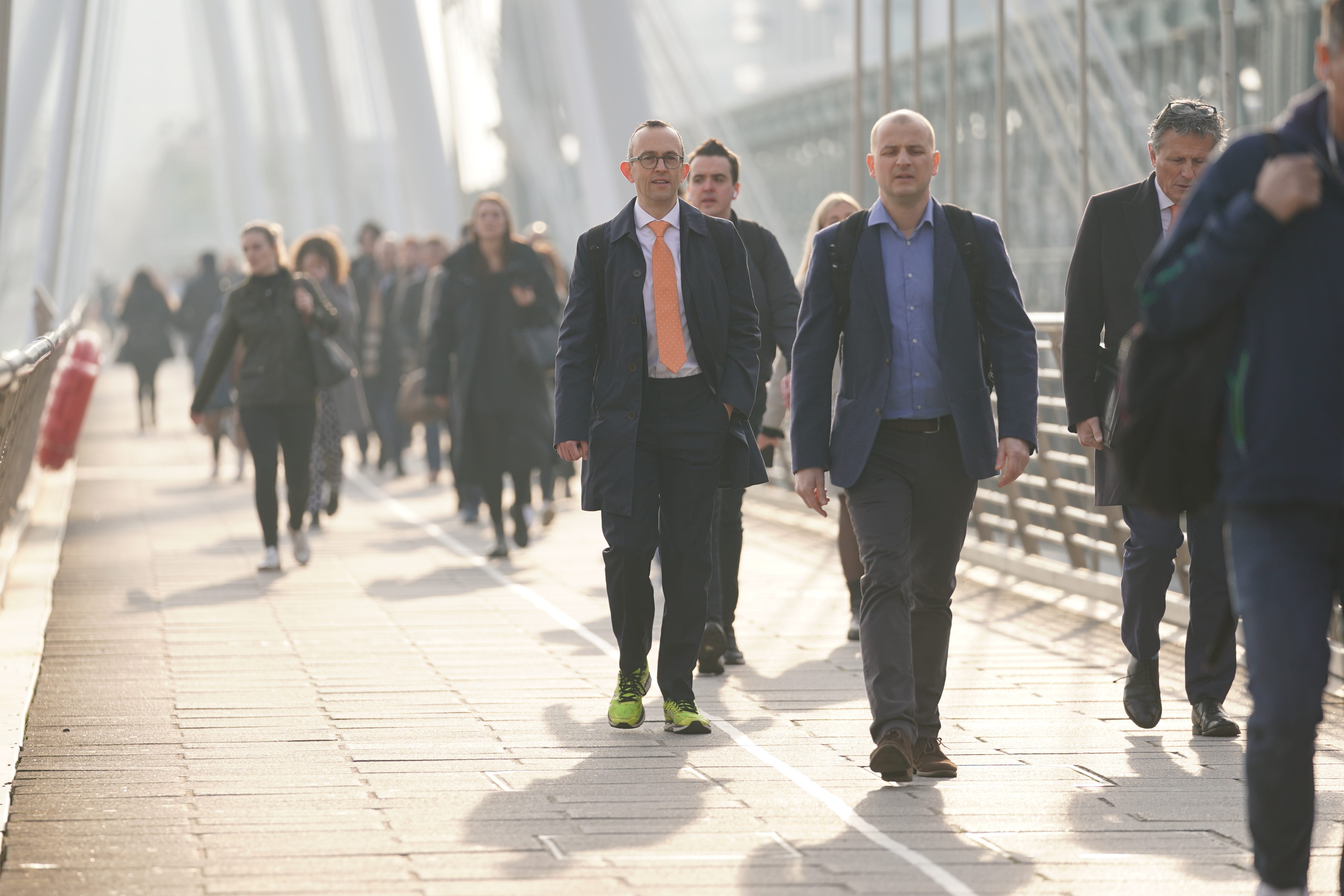The new rate for the Real Living Wage has been confirmed, with half a million workers set to soon be over £1,000 a year better off.
This rate is an optional minimum wage many employers offer their employees to ensure they are being paid enough to deal with financial pressures.
It is not the same as the National Living Wage (for over 21s) or the Minimum Wage, both of which are mandatory. However, these rates are between £1.16 and £6.20 lower an hour than the new Real Living Wage.
The new Real Living Wage rate has been set at £12.60 for the next year, rising to £13.85 for London-based workers. These figures are up 5 and 5.3 per cent from the previous year, with the rates set at £12 and £13.15, respectively.

Workers across the UK will get an extra £1,170 a year thanks to the boost, with Londoners set to get £1,365. Compared to the minimum wage, they will be £2,262 a year better off, rising to £4,700 in London.
Katherine Chapman, Living Wage Foundation Director, said: “Low paid workers have been hardest hit by the cost-of-living crisis and are still struggling to stay afloat amidst persistently high prices.
“The real Living Wage remains the only UK wage rate calculated based on actual living costs, and the new rates announced today will make a massive difference to almost half a million workers who will see their pay increase.”
Here’s everything you need to know about the increase:
What is the Real Living Wage and who gets it?
Established in 2011, the Real Living Wage is a pay rate that employers can voluntarily give to their employees. It is higher than the minimum required wage and, unlike them, is linked to the actual cost of living in the UK.
Around half a million people working for over 15,000 employers are currently receiving the wage.
These include: IKEA; Aviva; KPMG; Oxfam; LUSH; Nationwide; Burberry; and Liverpool, Everton and Chelsea football clubs.
The legally-mandated minimum wage is decided yearly by the DWP, and based on advice taken from the Low Pay Commission (LPC). In April 2024, it increased from £10.42 to £11.44.
The new Labour government has vowed to increase this as part of its ‘Make Work Pay’ plan, pledging to “make sure the minimum wage is a genuine living wage,” and expand the remit of the LPC to take the cost of living into consideration.
The LPC has estimated it will increase the living wage to between £11.82 to £12.39 based on this. Labour has also said it plans to make the rate the same for all workers, rather than younger workers getting paid less.







